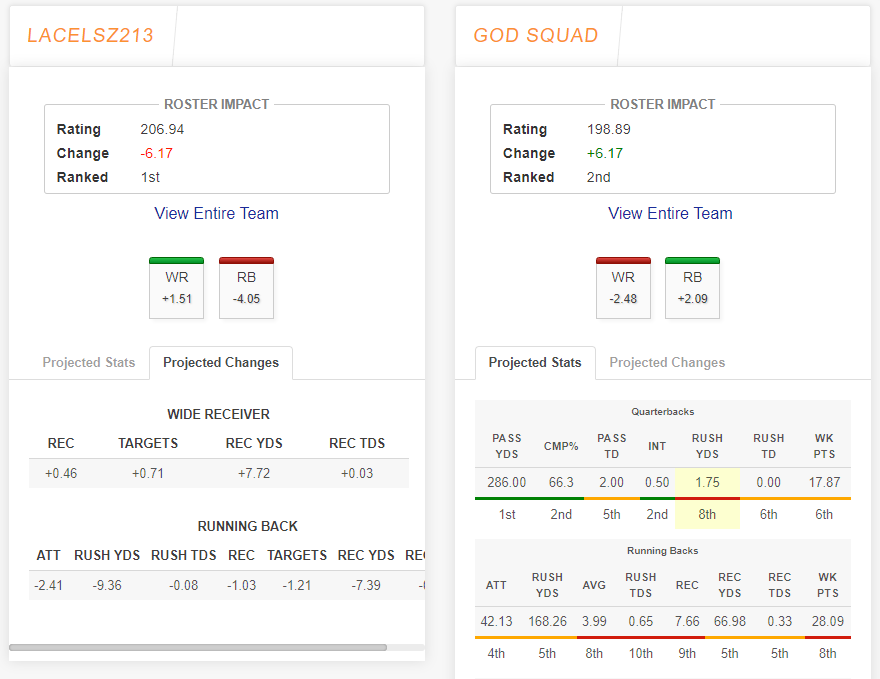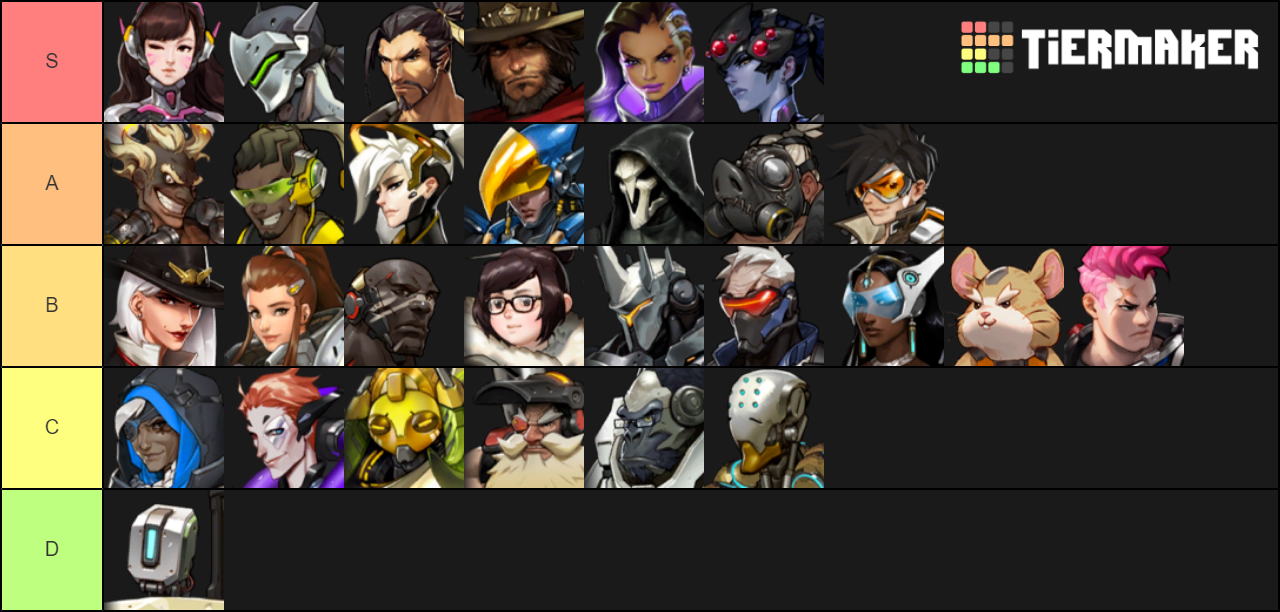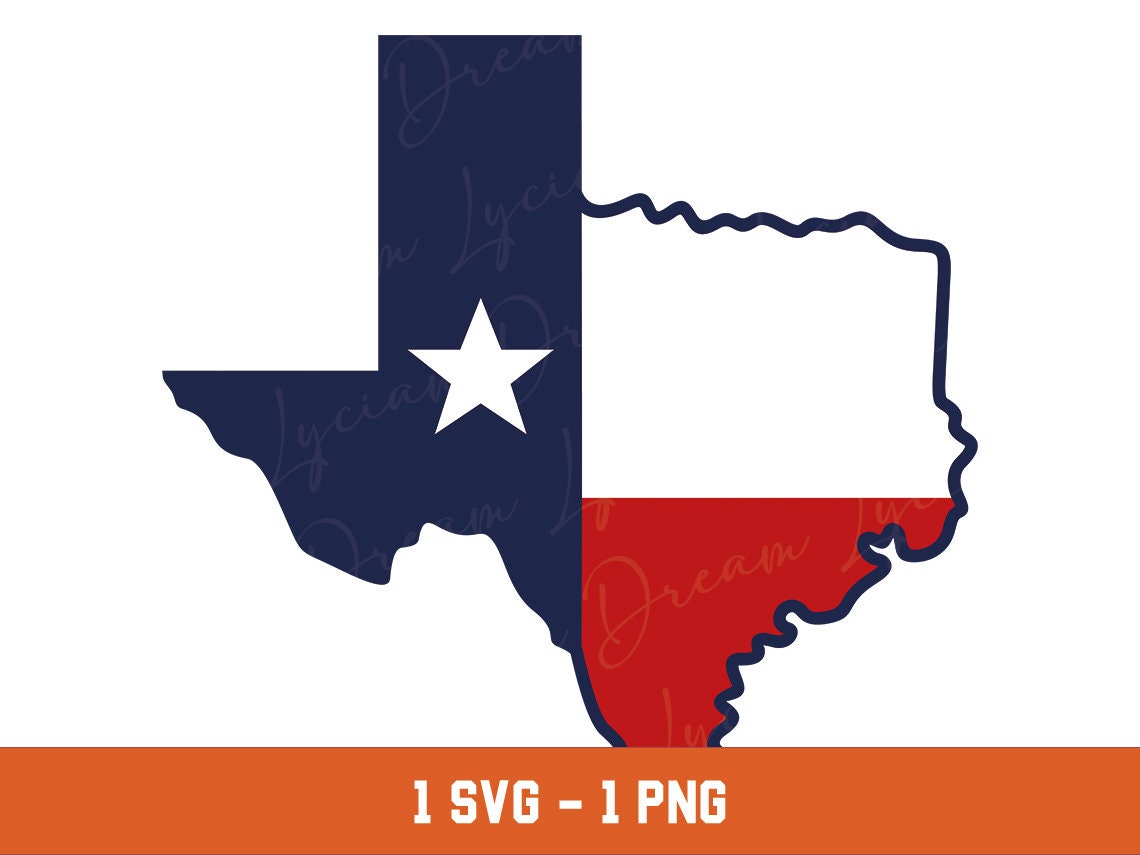Cara Bermain-Main serta Stack Gigantic dalam Poker Online
Apabila Kamu seseorang pelaku permainan kartu onlen apa telah memiliki pengalaman dan memiliki stack besar, Anda mungkin bertanya-tanya cara terhebat guna memaksimalkan keuntungan Anda dan menghindari kehilangan tumpukan keripik Anda bersama percuma. Pada artikel yang satu ini, kami hendak memberikan petunjuk dan rencana mengenai cara melakukan permainan dengan stack gigantic dalam poker on line untuk Engkau dapat stabil unggul dan juga sukses dalam meja.
Memiliki Mental yang Kuat
Ketika Anda mempunyai stack besar internal poker online, tekanan makin gigantic untuk lanjut menjaga profit Kamu. Masalah utama yang memerlukan Anda lakukan ialah menyatakan bahwasanya Anda memiliki psikologis siapa tangguh supaya tak terpengaruh dengan perubahan situasi di tabel. Selanjutnya ialah sejumlah tips guna membantu Engkau merawat ketenangan mind: 1. Tetap perhatian atas gim Engkau tanpa terkena dari untung ataupun ketidakberuntungan.
2. Cegah emosi tidak baik mirip kesalahan karena kekurangan hand maupun kejayaan kartu. 3. Hindari amat puas bersama keuntungan Kamu oleh karena itu Engkau kehilangan konsentrasi.
Menentukan Hand serta Bijak
Saat Anda punya stack besar dalam judi kartu on line, penting bagi menentukan kartu serta cerdas supaya tidak menderita kerugian apa tak memerlukan. Kenanglah untuk tidak amat kasar serta sangat percaya sendiri hanya disebabkan Engkau memiliki lebih besar melimpah keripik asal pesaing Anda.
Beriringan merupakan sejumlah tips guna memilih tangan serta cerdas: 1. Konsentrasi di tangan bermutu menjulang seperti partner luas (pocket pair) atau kartu As. 2. Jauhi taruhan besar dalam hand yang tak pasti dan tak memiliki probabilitas potensi yang bagus. 3. Tidak Boleh khawatir bagi melipat tangan Engkau bila Engkau mengalami bahwasanya keadaan nggak bermanfaat.
Mengendalikan Meja
Waktu Kamu mempunyai stack luas di dalam judi kartu on line, Kamu mempunyai kesempatan untuk mengontrol meja serta mengancam pesaing Anda.
Namun, Engkau harus hafal bagi tidak amat kasar sehingga Anda tak menciptakan lawan Kamu fold sebelum ini Anda mendapatkan keuntungan optimal. Berikut ialah sedikit petunjuk bagi memerintah table bersama stack gigantic: 1. Pakai taruhan luas dengan bijaksana untuk membuat musuh Engkau khawatir dan ragu. 2. Play hand Anda bersama kepala dingin dan juga hindari terlalu perasaan. 3. Utilize kekuatan Kamu serta menggunakan kartu dan juga posisi Anda.
Menjaga Keseimbangan
Saat Anda punya stack gigantic dalam judi kartu onlen, sangat mudah bagi terseret perasaan serta kehilangan keselarasan Engkau.
Hafalkan guna stabil diam dan juga rasional internal pengambilan putusan Anda, omtogel sebab no. 1 kekhilafan kecil mampu mengakibatkan Kamu kehilangan sebagian besar chip Engkau. Berikut ialah beberapa petunjuk untuk merawat stabilitas bersama stack besar: 1. Stabil konsentrasi di permainan Kamu dan tidak boleh sangat terseret mood. 2. Hindari sangat percaya pribadi maupun terlalu khawatir untuk mengambil risiko.
3. Stabil sepi serta logis di dalam seluruh keputusan Anda.
Menerapkan Strategi Periode Panjang
Waktu Kamu punya stack gigantic internal poker online, vital untuk mempunyai rencana jangka luas untuk Kamu dapat tetap tetap dan sukses dalam meja. Jangan cuma berfokus atas masing-masing kartu yang Engkau play, akan tetapi pikirkan juga gerakan seterusnya dan bagaimana Engkau mampu mengoptimalkan profit Engkau dalam jangka luas.
Selanjutnya adalah sedikit saran untuk menerapkan rencana durasi panjang: 1. Penjelajahan bermacam-macam rencana serta taktik game siapa dapat memudahkan Engkau stabil unggul dalam table. 2. Stabil terbuka tentang perubahan dan juga berpadu bersama gim lawan Engkau. 3. Tidak Boleh terlalu terkunci di keuntungan periode pendek, namun perhatian di kejayaan jangka lama. Punya stack luas dalam judi kartu on line adalah satu keuntungan, akan tetapi pula terdiri dari tanggung jawab besar.
Bersama memanfaatkan saran serta strategi yang sudah saya dan teman berikan dalam atas, Engkau dapat memaksimalkan manfaat Kamu serta tetap terletak di jalur kejayaan. Ingatlah untuk menjaga jiwa siapa kuat, menentukan hand bersama bijak, mengendalikan tabel, menjaga stabilitas, dan juga mengaplikasikan strategi periode lama. Bersama metode yang satu ini, Engkau hendak menjadi partisipan judi kartu onlen yang jaya dan juga unggul pada tabel.
Mudah-Mudahan berhasil!






















